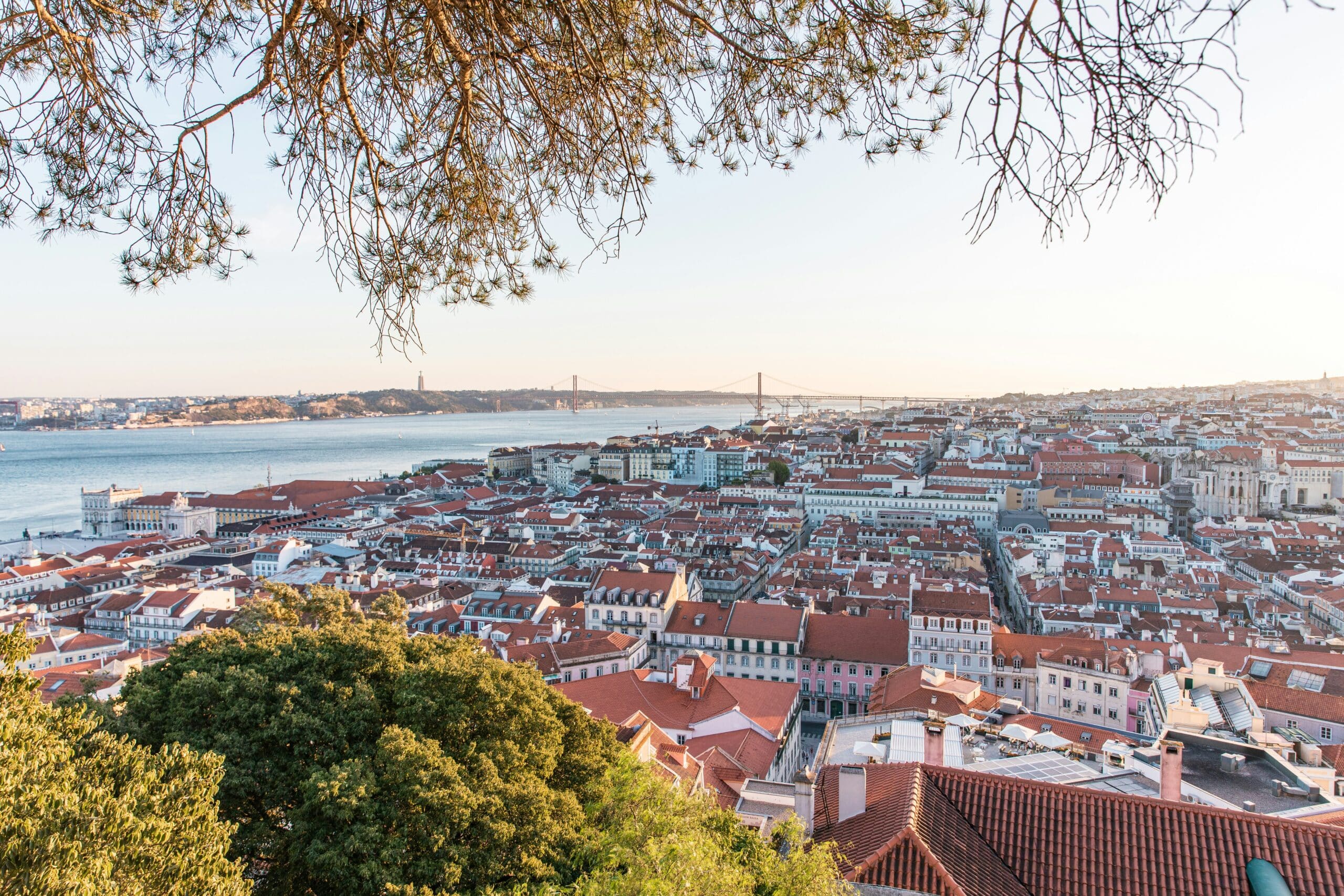Proposal will now undergo a 30-day public consultation period
Lisbon city council approved on Wednesday the PSD/CDS-PP proposal to increase its tourist tax on overnight stays from €2 to €4 per night, whilst backing a PS amendment to exclude camping sites.
The PSD/CDS-PP proposal also provides for an increase in the tourist tax for arrivals by sea, from €1 to €2, although the amount that is now being proposed is the same as the one that began to be applied this year, when this tax began to be levied on cruise passengers.
In a private meeting of the municipal executive, the PSD/CDS-PP proposal was approved with PCP abstaining and the remaining councillors voting in favour, namely the proponents, PS, Livre, Cidadãos Por Lisboa (elected by the PS/Livre coalition) and BE, according to a municipal source.
The proposal will now be subject to a 30-day public consultation period to gather contributions before it comes into force.
The PSD/CDS-PP leadership suggested including campsites in the tourist tax, but PS proposed eliminating this measure, which was approved, with PSD/CDS-PP and BE voting against.
BE argued that the tourist tax for arrivals by sea should be €4 per passenger, but this proposal was also rejected with PSD/CDS-PP, with PS and PCP voting against.
At the proposal of Cidadãos Por Lisboa (CPL), approved with PCP abstaining and PSD/CDS-PP voting against, the council included in the document the idea of re-evaluating the impact of tourist pressure on the calculation of general charges/public space in the city.
Also approved, with PSD/CDS-PP voting against and PCP abstaining, was the CPL’s proposal that the tourist tax for arrivals by sea be evaluated one year after its application, “introducing, if feasible, differentiated criteria for the environmental sustainability of cruises”.
After the vote, in a written statement sent to the Lusa news agency, the mayor of Lisbon, Carlos Moedas (PSD), said that “increasing the tourist tax is above all very fair for the city and for the people of Lisbon”, noting that this option will make it possible to increase the quality of tourism and strengthen investments in “fundamental areas” such as urban cleaning, transport and infrastructure and heritage projects.
“This option to increase the tourist tax is the result of the conclusion that tourism in Lisbon today needs to contribute more and better to the quality of life in our city. And thus also raise the quality for the tourists who come to see us,” said Moedas, emphasising that at all times the situation must be assessed in the light of the real scenarios that exist and the specific circumstances.
In May 2021, in an interview with TVI as a candidate for mayor of Lisbon, at a time of economic recovery following the Covid-19 pandemic, Carlos Moedas suggested reducing the tourist tax.
“We’re going to have to think very carefully about whether we don’t have to reduce this tourist tax in order to gain competitiveness in tourism, which is going to have immense difficulty,” he said at the time.
Confronted today with this change of position, the PSD mayor defended himself: “I was true to what I said. I analysed the issue very carefully. At the time we were coming out of the Covid crisis with major economic impacts. Today, the reality is different, with other cities charging a very high tourist tax compared to ours.”
PS councillors have welcomed the change in position and emphasised that “the revenue from the tourist tax has always served to reduce the tourist footprint on urban hygiene and transport, or to diversify tourist attractions, easing the pressure on the Baixa, Belém and Parque das Nações districts“.
As they point out, it was with these funds that the Ajuda Palace and the Carlos Lopes Pavilion were restored, and the Sul Sueste Station was built.
The socialists warned, however, that the PSD/CDS-PP proposal makes “no reference to the destination of the revenue, leaving the idea that it is more to compensate for the cash flow problems of the municipality, which only recently asked for a loan of €50 million”.
Justifying its abstention vote, PCP said that “the nearly €40 million currently collected by Lisbon city council as a result of the tourist tax is a long way from being used to mitigate the most negative impacts of tourism on the city”, pointing to the “deplorable situation” in terms of urban cleaning and hygiene and the difficulties with public transport in the most overburdened areas.
“Choosing in this context to double the tax, without the necessary debate and the necessary reorientation of priorities regarding the application of the funds, seems to us to be manifestly inopportune and inappropriate,” said PCP.
The tourist tax in Lisbon began to be applied in January 2016 on overnight stays by national tourists (including Lisbon residents) and foreigners in hotels or short-term rental accommodation.
Initially it was one euro per night, but in January 2019 it increased to €2.
Hotels disagree with tourist tax hike
The Portuguese Hotel Association (AHP) has voiced its disagreement with the now approved tourist tax hike, saying that it “disrupts a relationship of trust” that had been built with the tourism sector.
In a statement to the press, the association expresses “concern regarding this decision without foundation and a thorough analysis, particularly in light of the previous actions of the Lisbon Tourism Development Fund (FDTL).”
Bernardo Trindade, president of AHP, goes even further, stating that “the unilateral and untimely measure of increasing the rate before the agreed-upon conditions are fulfilled is, undoubtedly, hasty and disrupts a relationship of trust with the tourism sector, despite claims to the contrary.”
Source: LUSA




















